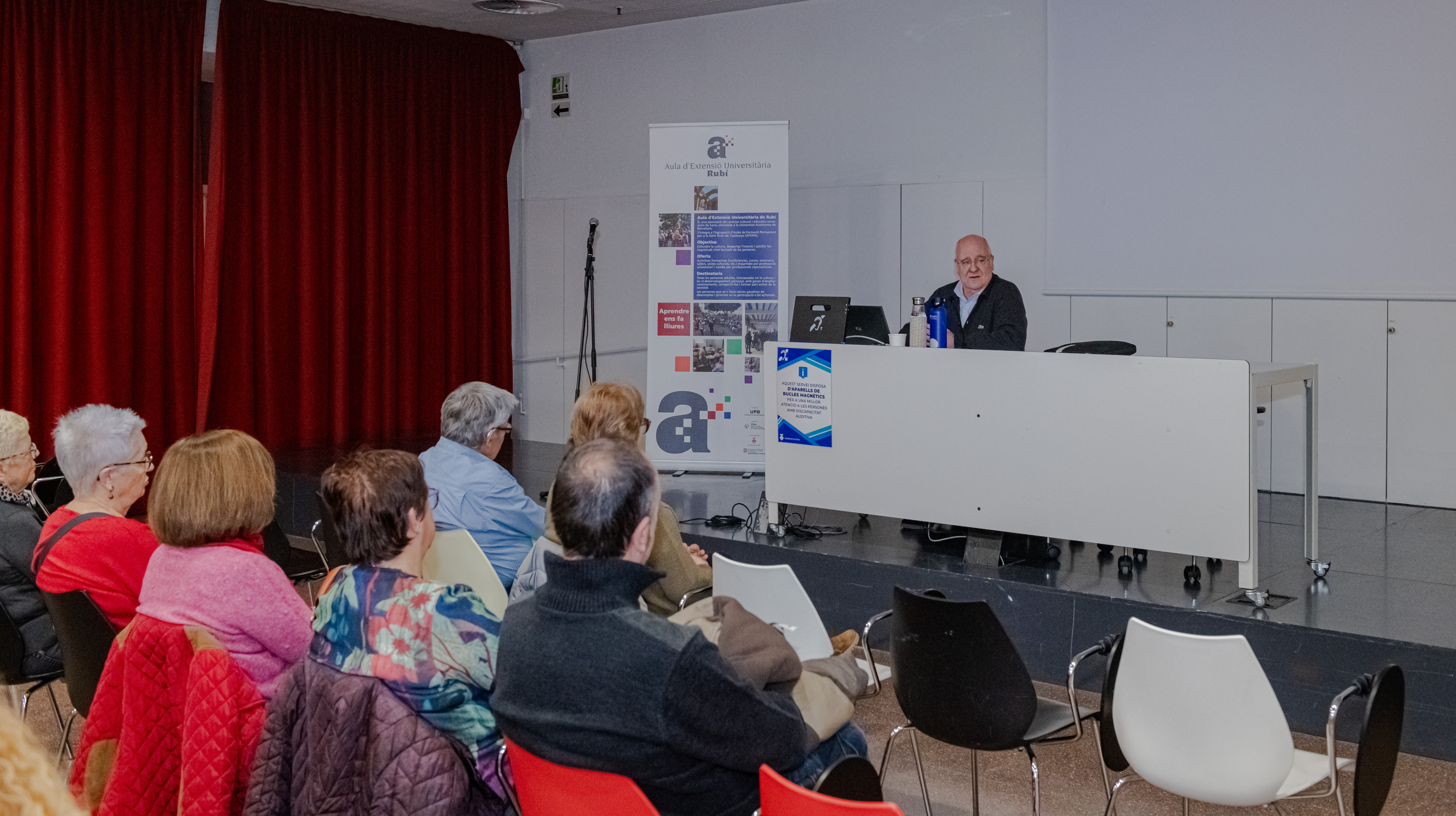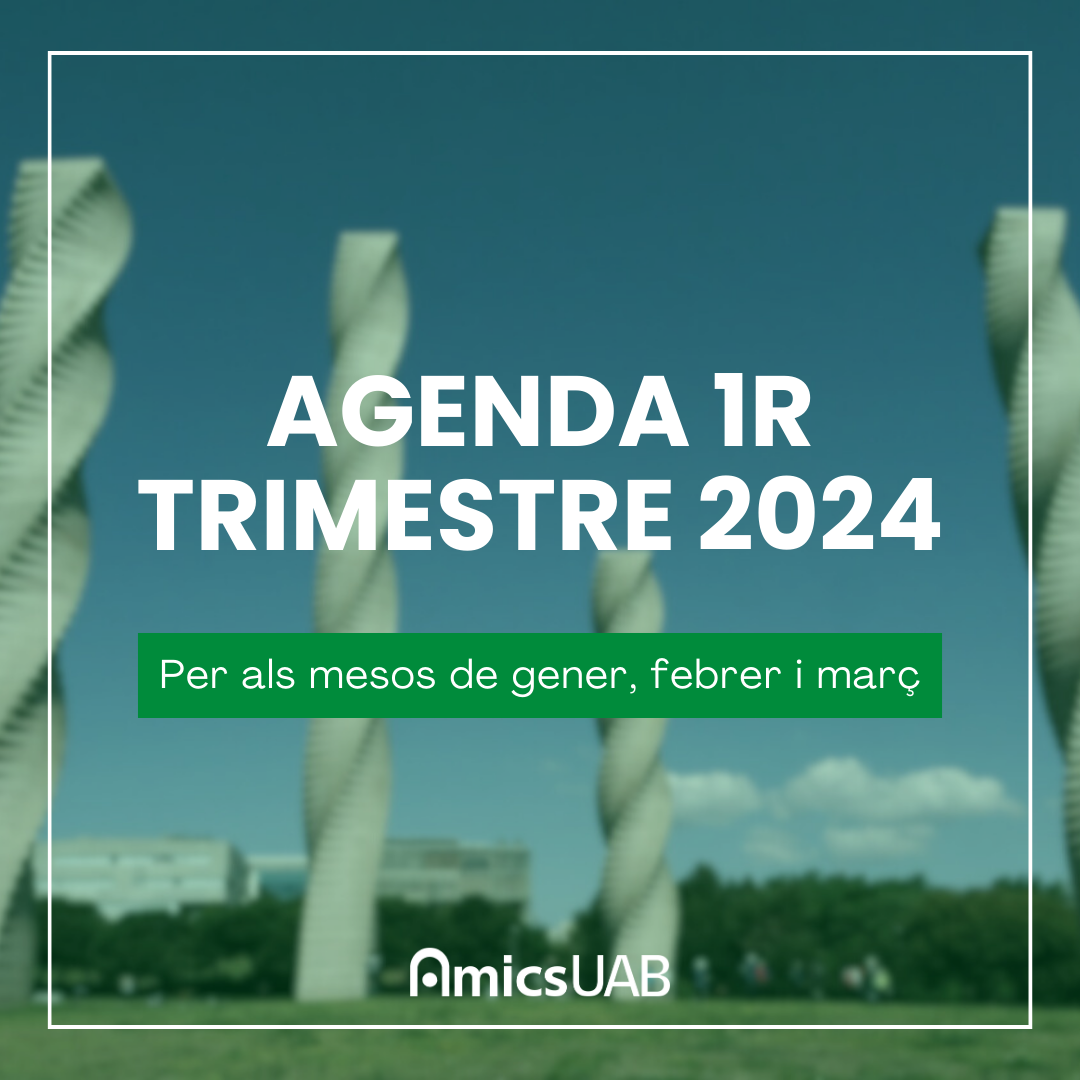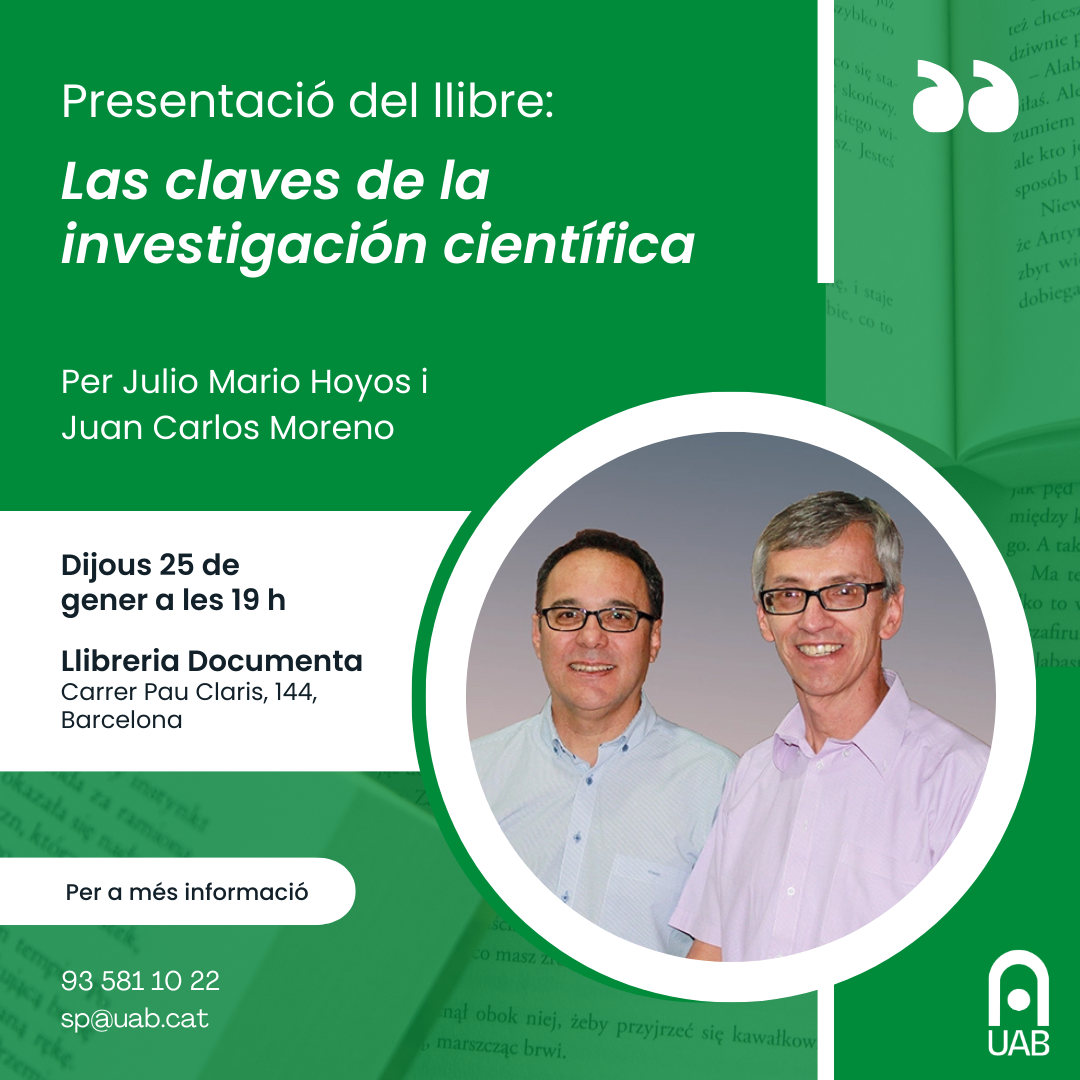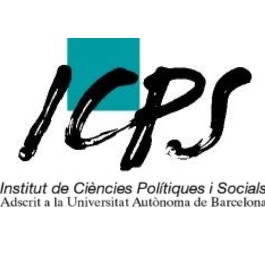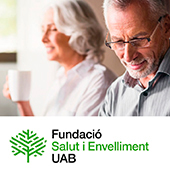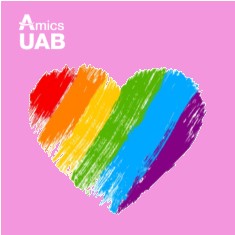|
|
|
|
|
The WATERTUR project, which is part of the Research and Innovation Strategy for Smart Specialisation in Catalonia (RIS3CAT) and is financed by ERDF through the Catalan Agency for Competitiveness in Enterprise (ACCIÓN), was successfully concluded on 20 April 2021. Specifically, the project is part of the RIS3CAT Water Community and has been promoted and coordinated by the Catalan water cluster, the Catalan Water Partnership. The aim of WATERTUR was to develop a total of three innovative technologies to improve the management of the water cycle and reduce consumption in hotels.
The first technology has been the joint optimisation of an anaerobic membrane bioreactor operated in conjunction with a vertical wall coupled with a Bioelectrochemical system. This technology has been developed through the cooperation of the companies Aéreos Tecnologías Ambientales, ACSA-Sorigué and the technological centre Leitat, and has had an efficiency of 83 and 65% of organic matter elimination with the bioreactor and the vertical wall, respectively. In addition, the bioreactor allows the elimination of 100% of pathogens in the effluent thanks to its membrane system, and the vertical wall has operating costs 75% lower than traditional systems. Moreover, the Bioelectrochemical system generates electricity, which allows it to operate independently of the grid. The implementation of this technology also opens the door to the reuse of regenerated water for the hotel's own uses, such as irrigation or cleaning.
The second of the technologies was the intelligent control system for recreational water uses, which focused on providing users with tools for controlling water consumption and reagent consumption in recreational systems such as swimming pools. This system has been developed by the company Fluidra, which has also participated in the project, and will allow continuous control of the water cycle 24 hours a day, all year round. The intelligent control system allows the automation of between 20 and 50% of the chemical parameters of the hotels with a 10% reduction in the time taken to obtain data. In addition, it will cover 90% of swimming pools in the tourist sector and will also adapt to 90% of the regulatory frameworks for swimming pools in the commercial and public sectors.
The last of the technologies developed is the environmental impact assessment tool specifically designed for hotels. This tool has been developed by Anthesis Lavola, which was the last of the companies to take part in the project. The environmental impact assessment has been validated through an easy-to-use and easy-to-interpret online platform designed for this purpose. This assessment is made through the consecutive measurement of two universal sustainability indicators such as the water footprint and the carbon footprint. The evaluation of these indicators will allow a quantitative assessment of the impact of the hotel's activities over time, as well as the quantification of improvements in sustainability.
These three systems have been validated and operated totally or partially in the facilities of the Vilar Rural de Sant Hilari Sacalm, but their versatility and modular nature will allow them to be implemented either totally or partially, based on the needs of the other hotels, in a more transversal sense. It is also foreseen that they can be implemented in other facilities such as public swimming pools or campsites.
The Watertur project therefore represents an opportunity for the Catalan hotel sector to position itself as an international benchmark and improve its competitiveness through the implementation of technologies that promote sustainability. These are expected to be key elements for the recovery of the hotel sector after the effects of the pandemic, which will take place in an economic context where the growing awareness of the customer for the environment and the foreseeable implementation of stricter regulations on sustainability will be general trends in hotels and the tourism sector in the broadest sense.
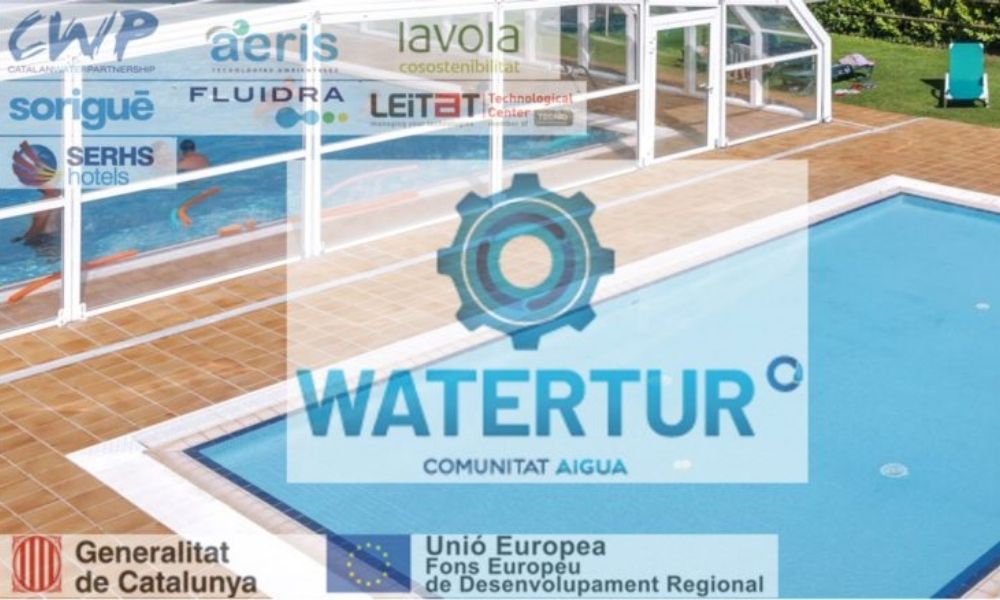
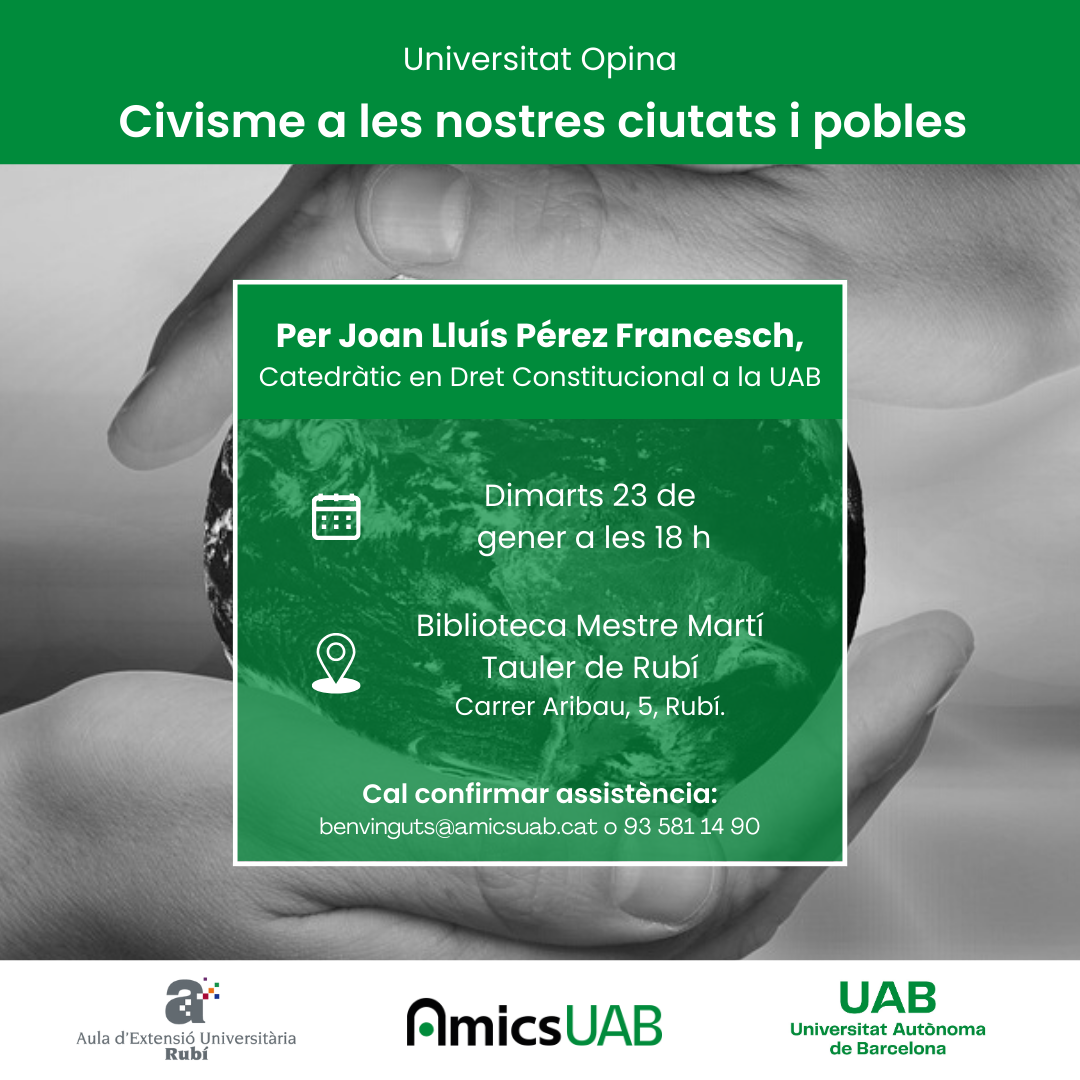
.png)
